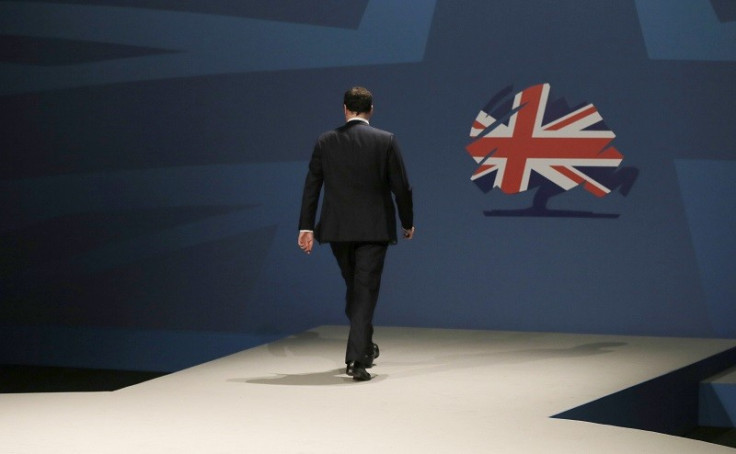Autumn Statement 2013: Will Osborne Tackle Jobs and Cost of Living Conundrum?

George Osborne has a lot to boast about before announcing the Autumn Statement later this morning.
The UK's unemployment rate has fallen to 7.6% in the three months to September, allowing the Chancellor to claim his economic plan is "getting people back into work".
The statistic is impressive. It means Osborne has faced off an economic downturn and the longest double-dip recession since the Second World War, while creating the conditions which have lowered the amount of Britons who are jobless.
But, despite robust employment data and a confident run-up to the Autumn Statement, the political narrative has shifted unfavourably for Osborne.
Cost of Living Crisis
The "cost of living crisis" is the new show in town. The story states that although more people are in work than in 2012, they are underemployed as workers' shifts are shorter and their pay packets are leaner.
The problem for Osborne is that the narrative is not a work of fiction. The Office for National Statistics (ONS) found the number of underemployed workers has rocketed by one million since the financial crisis. This amounts to a 47.3% hike between 2008 and 2012.
In addition, the ONS revealed the average pay rise was only 0.7% in the year to August. The poultry figure was dwarfed by inflation, running at 2.7% over the same period.
The "cost of living crisis" would blow away, from whence it came, if only a few people protested about being hammered by wage-busting price inflation, soaring energy and housing costs, and slashes to the government's welfare bill.
But, unfortunately for Osborne, the boss of Britain's biggest supermarket waded into the debate.
Philip Clarke, Tesco's chief executive, warned the Chancellor about the painful decline in incomes suffered by consumers.
Zero-Hour Contracts
It does not stop there. Zero-hour contracts, which tie employees to a business with no guarantee of regular paid work, have evoked debate.
The publicity the agreements garnered stirred up arguments about "fairness" and "responsibility".
Even though the Chartered Institute of Personnel and Development explained the contracts have been "underestimated, oversimplified and unfairly demonised", this political weight has remained latched onto Osborne and the Coalition government.
As Osborne catches a glimpse of the oncoming general election in 2015, this Autumn Statement is a matter of political life and death for some of his fellow Conservative MPs.
There is a very good chance constituents will vote with pay and work in mind. Osborne has an opportunity to win them over.
The Chancellor's state pension plan - to raise the retirement age from 65 to 68 in 2046 - will be unpopular. But the rise was always going to happen. People are living longer and saving less. The question was always of when and how. Along with auto-enrolment, Osborne can declare his reforms are based on responsibility and not popularity.
The Coalition has also been robust on childcare. Nick Clegg recently pledged that the government would enable fathers to share 50 weeks of parental leave from April 2015. It seems Osborne is going to build on Clegg's progress with tax-free childcare vouchers being available for working parents from 2015.
Like wages, childcare costs are being battered by inflation. Osborne's move could help reduce the pain and lower a barrier for some parents, giving them access to the labour market.
The Chancellor faces a puzzle.
How does he continue lowering unemployment, help increase wages and meet the business world's demands?
In other words, will Osborne tackle the cost of living conundrum?
© Copyright IBTimes 2024. All rights reserved.























